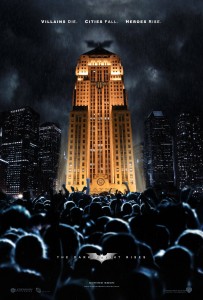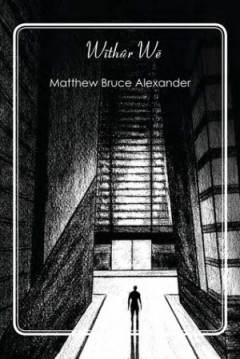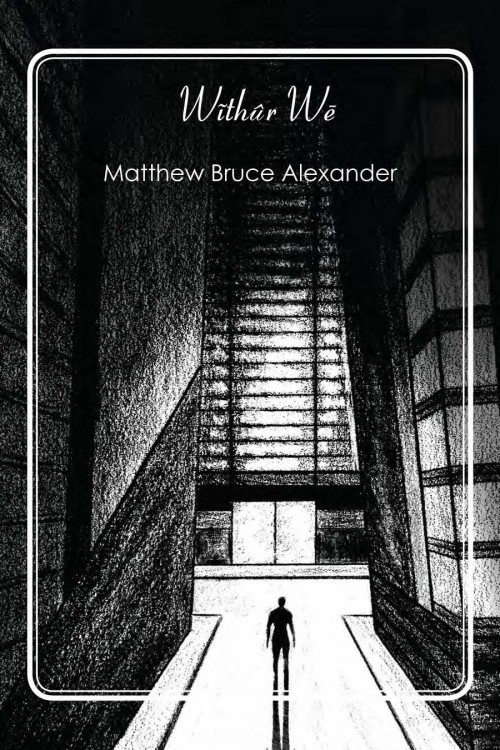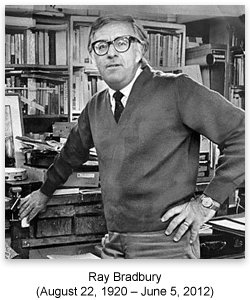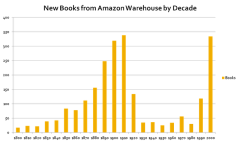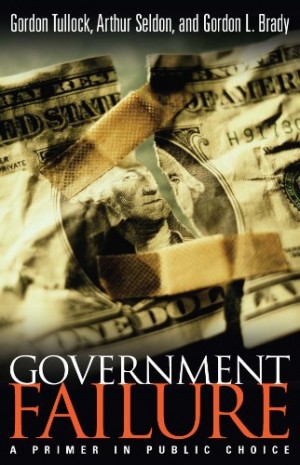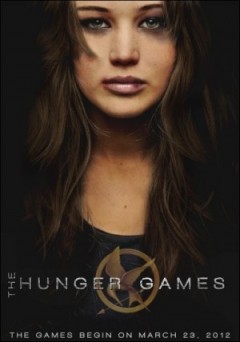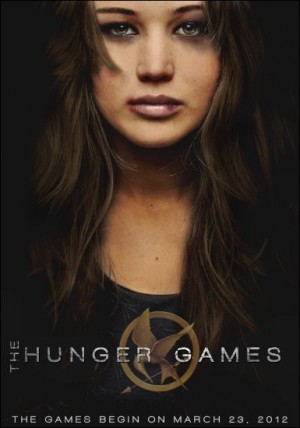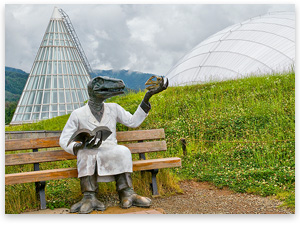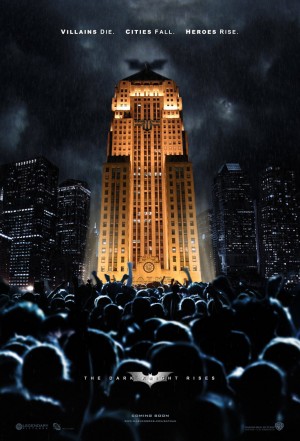
Before the third of the Batman trilogy hit theaters, I had heard that The Dark Knight Rises was a film without hope, with a long and dreary narrative that never loosens its grip. It leaves the viewer without a sense of answers.
I saw it and left confused. It saw it again, and left confused again. All the while, I kept wondering if this interpretive effort would pay off. Maybe it’s just another movie and lacks the ideological significance of the previous two.
I too had read several reviews that had condemned the film from a left-wing point view, arguing that it took a cheap shot at the Occupy Wall Street movement, suggesting that it consists mainly of brainless menaces who are easily manipulated by a strongman leader. The filmmakers deny this.
Regardless, this was probably the best political feature of the film.
However, the merit of its warning about left-wing populism was seriously compromised by the portrayal of the Gotham cops as saintly guardians of the social order. Neoconservatives loved this part of the film, made all the better to them because the prisons are full and Gotham is ruled by a civilian-led authoritarian regime of tight law and surveillance — the neocon dream come true.
What’s going on here? Why is the movie so full of mixed messages and, in the end, so unsatisfying?
Finally, it hit me. And this will be perfectly obvious once you hear it.
The problem is that the film gives Gotham (and us) a choice between two forms of despotism, one “left wing” and one “right wing,” and asks us to choose the lesser of two evils. We can have one of two systems: bureaucratic/authoritarian or revolutionary/dictatorial. The idea of a self-managing society is just out of the question. The film biases that choice by showing one as offered by the evil villain and the other by a corrupt, yet stable status quo.
